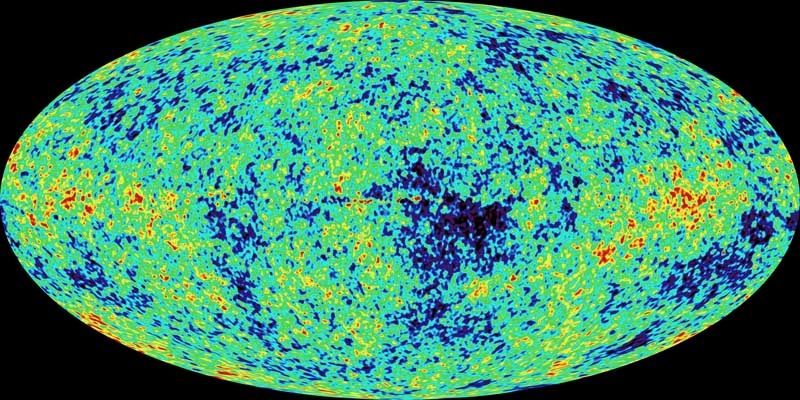This year I am going to learn code. And I'm going to do it for free, on my own time, thanks to the good folks over at
Codecademy.
Jewish tradition has a lot to say about words and language.
Lashon hara, or evil speech, is in particular a topic of (perhaps not enough) discussion. (Heard that story from the rabbi on Yom Kippur about the woman with the pillow and the feathers? Yeah, me too. Every year.)
Words are powerful. The Bible has long declared that the entire universe was created with a few simple words spoken by a pretty powerful deity. "
Let there be light," and there it is. This idea, surprisingly enough, is not totally counter to the scientific understanding of the Big Bang. Here's a picture (please don't ask me how this was taken,
ask this guy) of the sound of the big bang, one big speech bubble...
In essence, speech creates worlds. It can also destroy them.

Remember the story of the
Golem? That lumbering, clay man created for the soul purpose of saving Jewish lives during tough times? He is brought to life with a words on parchment, and destroyed when those letters on his forehead are changed from "
emet" (truth, a word made up of three characters - the very first, middle, and last letter of the Hebrew alphabet, because is not real truth the beginning, the middle, and end?) to "
met" (death; interesting study in opposites, ain't it?). The loss of a single letter,
aleph, brings the poor beast to the ground.
The Internet is quite literally a world built with words, but written in a language I don't quite understand. It isn't the only one, by any means, but it is the most tangible example of humanity's ability to create our own universe, to imitate God's work (however you understand God, or the work which was - is continually being or will be - done). I want to do that. I want to create worlds with words. So I'm going to learn how to code.
Join me?





 RSS Feed
RSS Feed